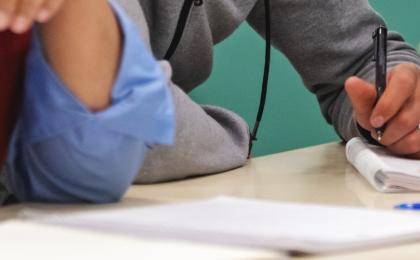Please enter your postcode
In order for us to give you accurate results for your courses, please click on the Search options and enter your postcode and the mile radius for your search.

Please enter your postcode
In order for us to give you accurate results for your courses, please click on the Search options and enter your postcode and the mile radius for your search.
For just £15 a year, you can:
Just add us to your basket to sign up today!